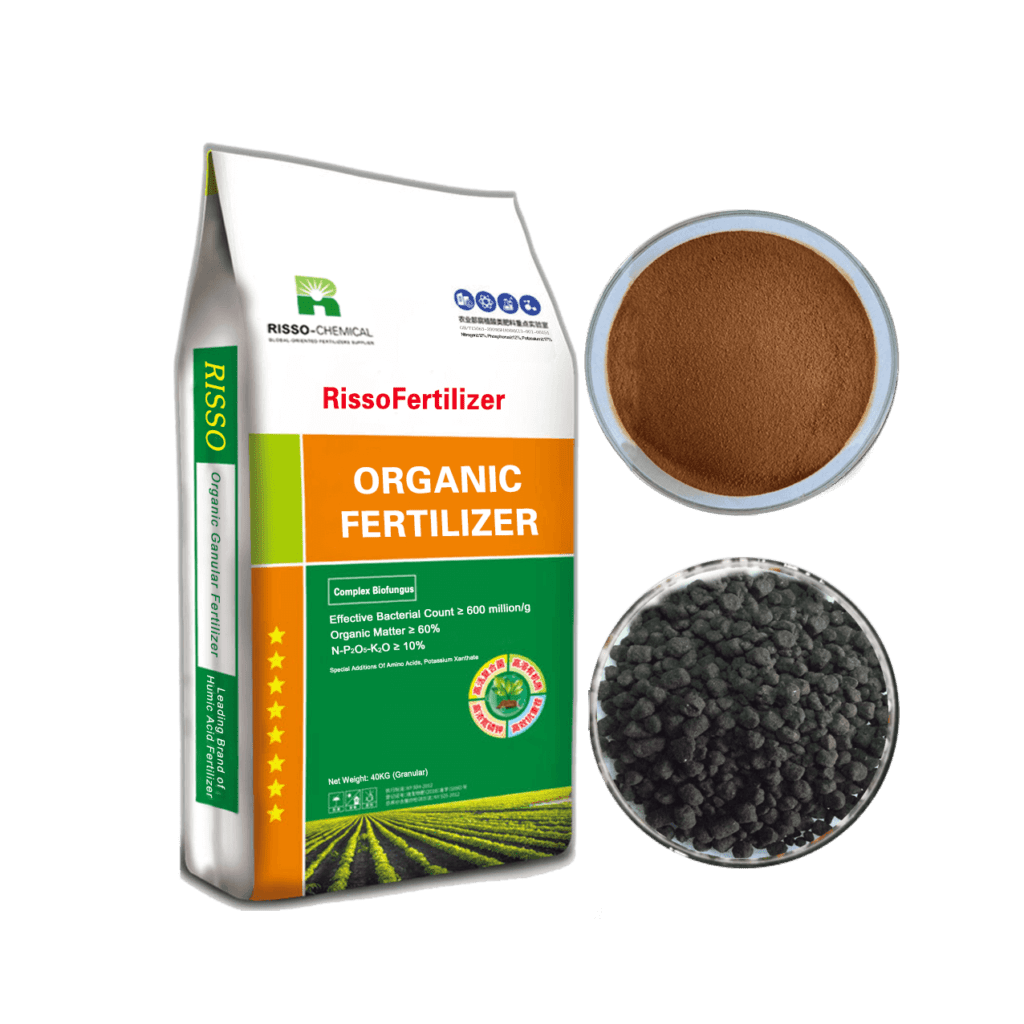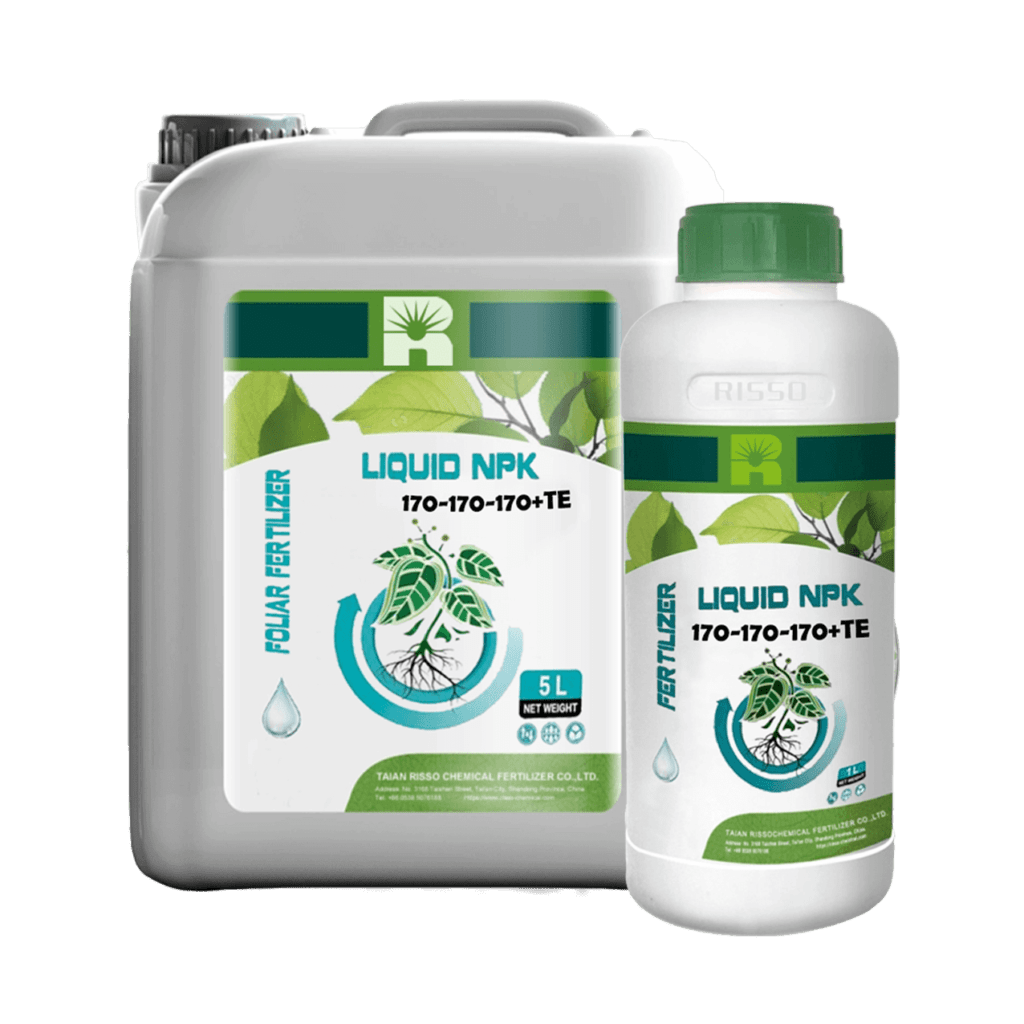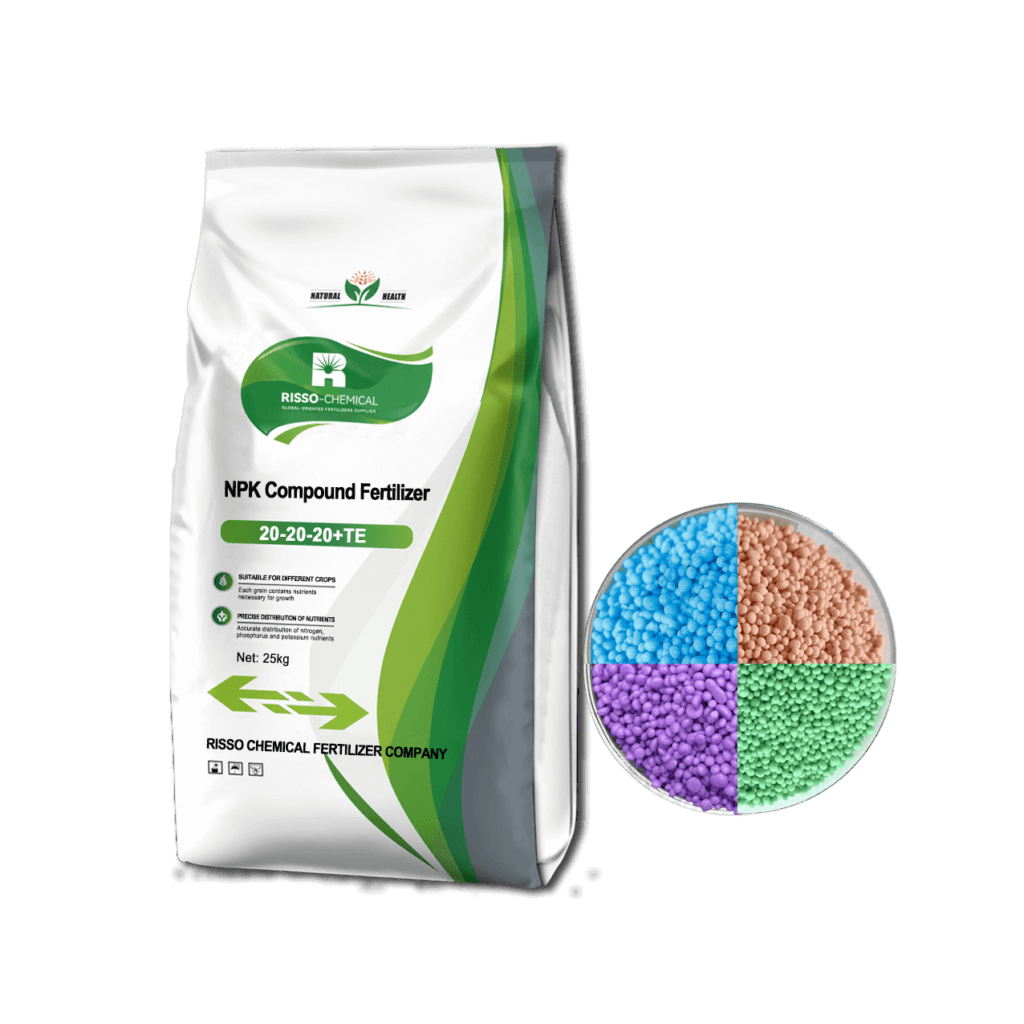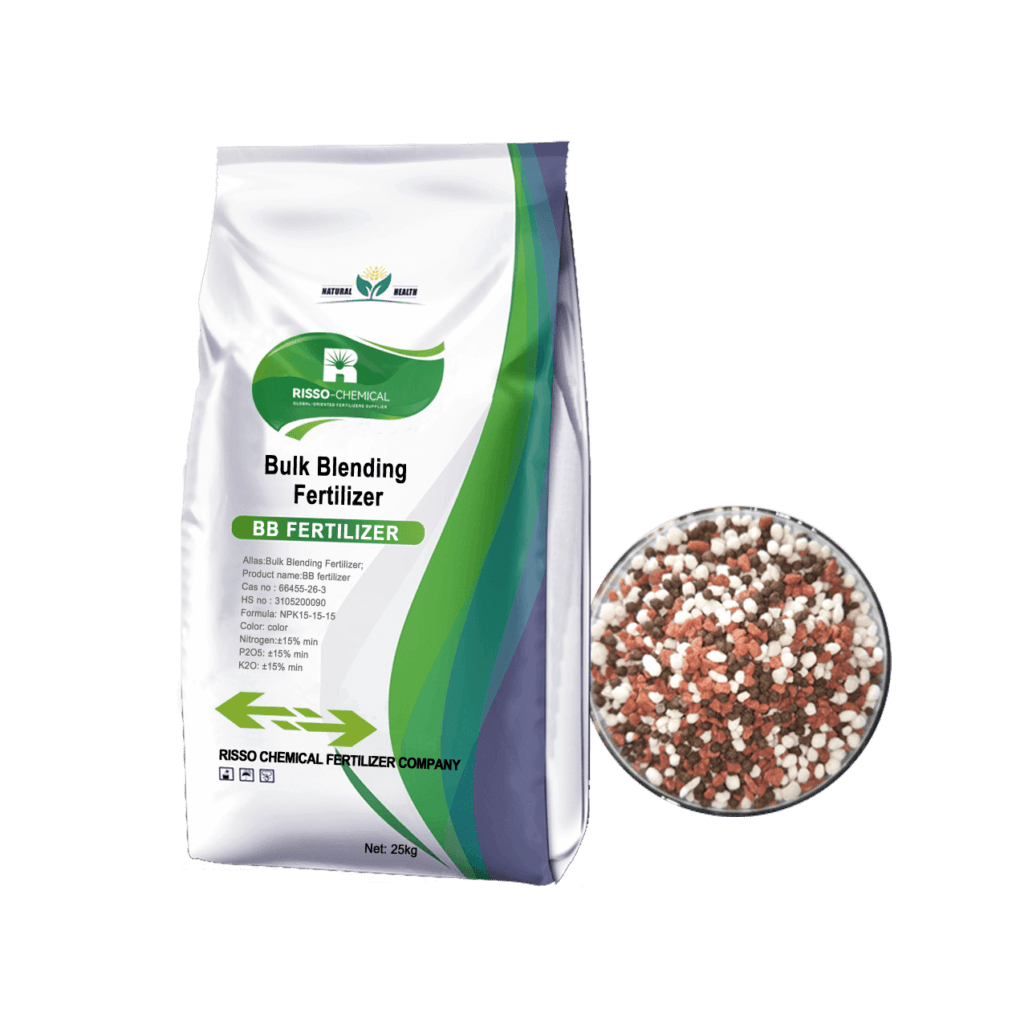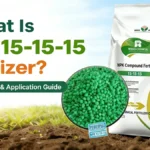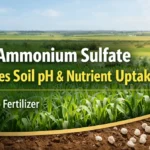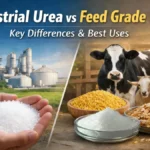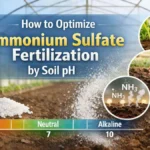Let more growers get greater benefits
The Types of NPK Fertilizers: A Comprehensive Guide
- Industry News
- August 13, 2017
- 8:51 am
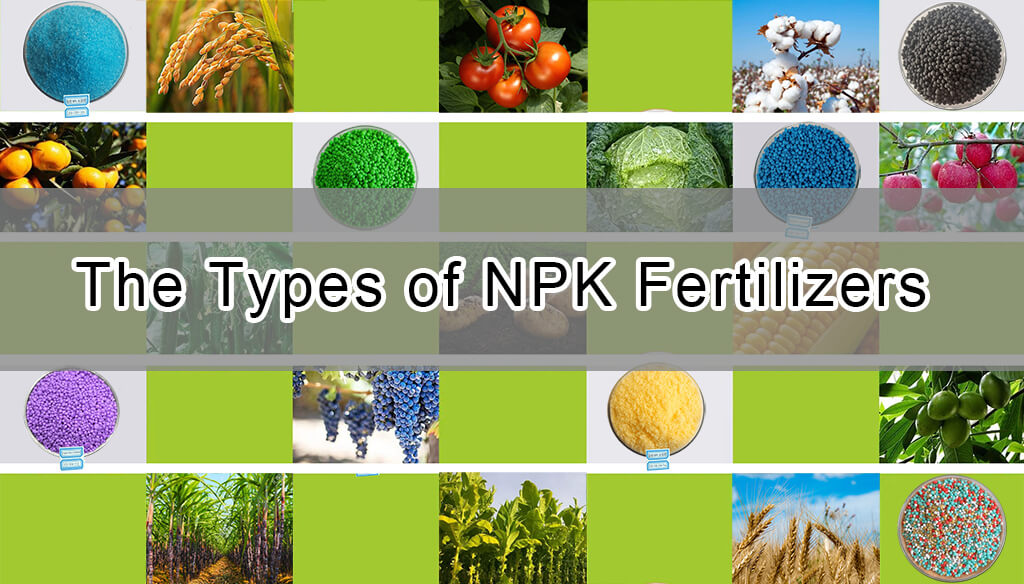
NPK fertilizers are essential for providing plants with the nutrients they need to grow, thrive, and produce high yields. Composed of three primary nutrients—nitrogen (N), phosphorus (P), and potassium (K)—NPK fertilizers come in various forms to suit different crops, soils, and growing conditions. In this blog, we’ll explore the different types of NPK fertilizers and their unique benefits and applications.
List of Contents
- 1. Compound (Complex) NPK Fertilizers
- 2. Granular NPK Fertilizers
- 3. Water-Soluble NPK Fertilizers
- 4. Liquid NPK Fertilizers
- 5. Controlled-Release NPK Fertilizers
- 6. Organic NPK Fertilizers
- 7. Bulk Blended NPK Fertilizers
- 8. Foliar NPK Fertilizers
- 9. Custom-Blended NPK Fertilizers
- Common NPK Fertilizer Ratios
- Conclusion
What is NPK Fertilizer?
NPK fertilizers deliver the three essential macronutrients required for plant health:
Nitrogen (N): Promotes leafy growth and is crucial for photosynthesis.
Phosphorus (P): Supports root development, flower production, and energy transfer.
Potassium (K): Enhances plant resilience, disease resistance, and fruit/flower quality.
Different ratios of NPK are designed to support plants at various stages of growth, making NPK fertilizers a versatile choice for farmers and gardeners alike.
1. Compound (Complex) NPK Fertilizers
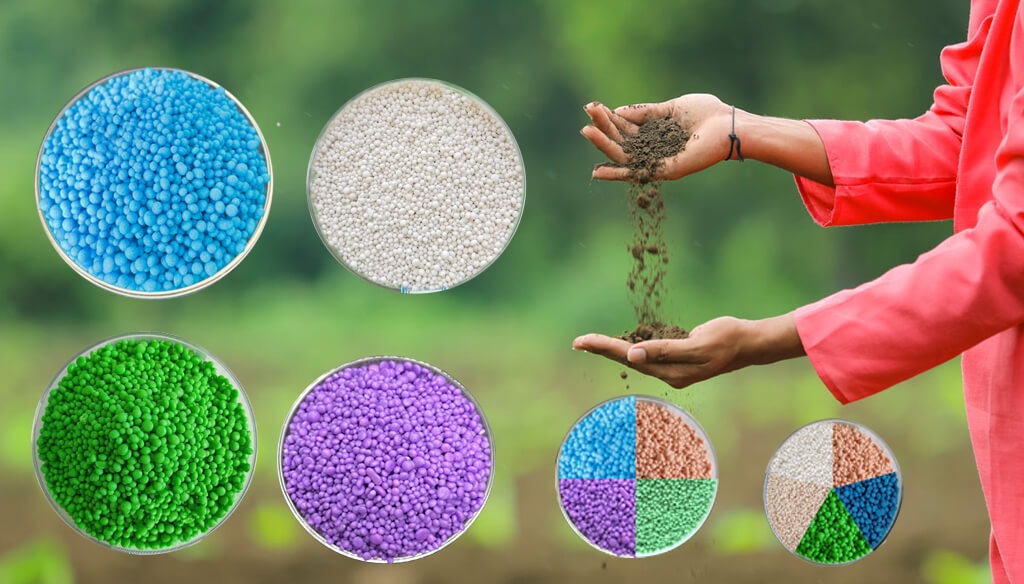
Compound (complex) NPK fertilizers are formulated so that each granule contains a uniform, balanced mixture of nitrogen, phosphorus, and potassium. During the manufacturing process, these nutrients are chemically bonded and integrated into a single granule. This ensures that each particle has the exact same ratio of NPK, providing a more consistent nutrient distribution when applied to the soil.
Advantages:
Convenience: All-in-one formulation simplifies application.
Consistent Nutrition: Provides a balanced nutrient profile for optimal plant health.
Soil Improvement: Enhances soil fertility and structure over time.
Application: Ideal for agricultural settings, home gardens, and landscaping, compound NPK fertilizers are suitable for a variety of crops, including vegetables, fruits, and ornamental plants.
2. Granular NPK Fertilizers
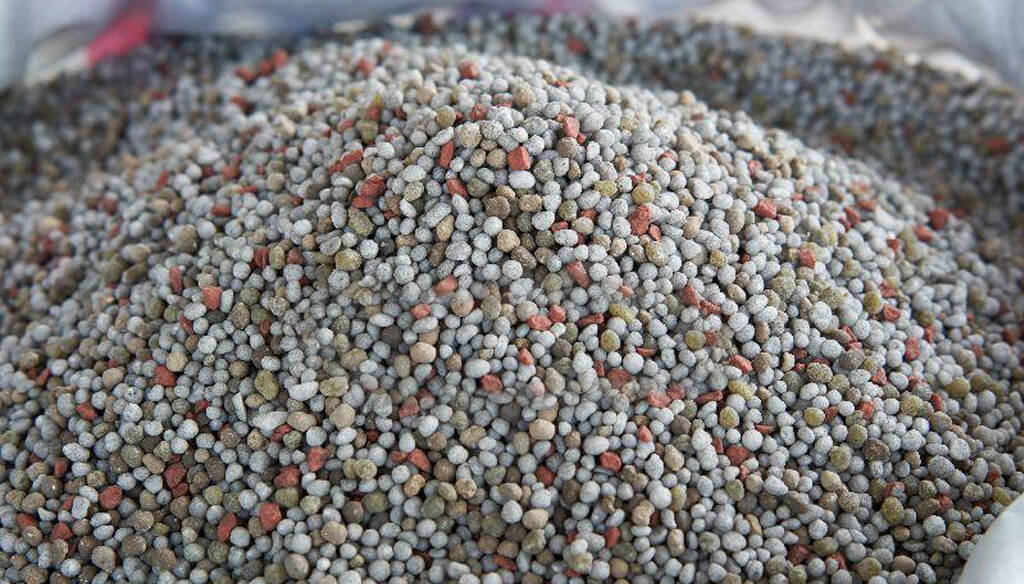
Granular NPK fertilizers can consist of separate particles of nitrogen, phosphorus, and potassium, which are blended together. In these blends, each granule may contain only one nutrient (e.g., a granule could be pure nitrogen or pure potassium). This can lead to areas in the soil that may receive more of one nutrient and less of another.
Advantages:
Ease of Use: Simple to apply using spreaders or by hand.
Long-Lasting: Provides nutrients over an extended period, reducing the frequency of applications.
Soil Integration: Granules mix well with soil, enhancing nutrient availability.
Application: Commonly used in agriculture, gardening, and landscaping, granular NPK fertilizers are suitable for a wide range of crops and can be applied during planting or as a side dressing throughout the growing season.
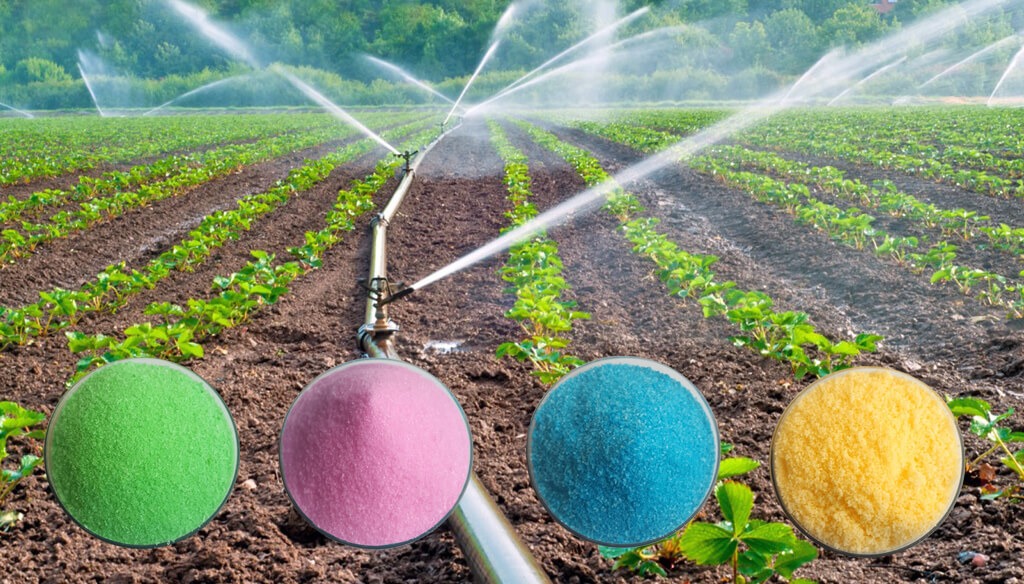
Water-soluble NPK fertilizers are formulated to dissolve easily in water, allowing for rapid nutrient absorption by plants. They provide essential nitrogen (N), phosphorus (P), and potassium (K) quickly, making them ideal for fast growth stages and nutrient correction.
Advantages:
Quick Nutrient Uptake: Ideal for addressing immediate plant needs and stress conditions.
Flexible Application: Can be used in irrigation systems or as foliar sprays.
Economic Efficiency: Often more cost-effective when purchased in bulk.
Application: Commonly used in hydroponics, container gardening, and greenhouses, water-soluble NPK fertilizers are perfect for crops that require quick nutrient boosts or for correcting deficiencies.
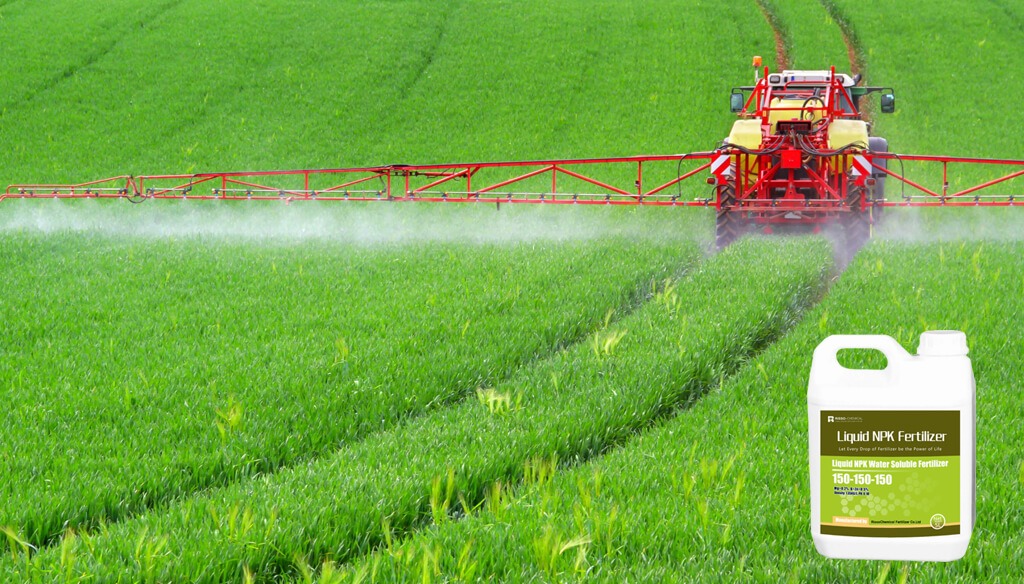
Liquid NPK fertilizers are pre-mixed solutions designed for immediate application. They provide a convenient way to deliver essential nutrients directly to plants without the need for mixing or preparation. These fertilizers are particularly effective for foliar feeding, allowing plants to absorb nutrients through their leaves, which can be especially beneficial during periods of stress or rapid growth.
Liquid NPK fertilizers ensure consistent nutrient availability and are suitable for regular maintenance of plants, making them ideal for both home gardens and larger agricultural operations. They are also easier to use for gardeners who may not be familiar with mixing granular products.
Application: Liquid NPK fertilizers are commonly used in a variety of settings, including field crops, gardens, and container plants. They are particularly useful for addressing nutrient deficiencies quickly and effectively, ensuring optimal plant health and productivity.
Controlled-release NPK fertilizers gradually release nutrients over time, ensuring a consistent supply of nitrogen (N), phosphorus (P), and potassium (K) based on plant needs. Encapsulated in a coating, they minimize nutrient leaching and enhance efficiency.
Advantages:
Steady Nutrient Supply: Matches nutrient release with plant uptake, reducing waste.
Fewer Applications: Requires less frequent application, saving time and labor.
Environmental Benefits: Reduces nutrient runoff, protecting water quality.
Application: Commonly used in agriculture, horticulture, and landscaping, they are ideal for high-demand crops and environments requiring consistent nutrient delivery.
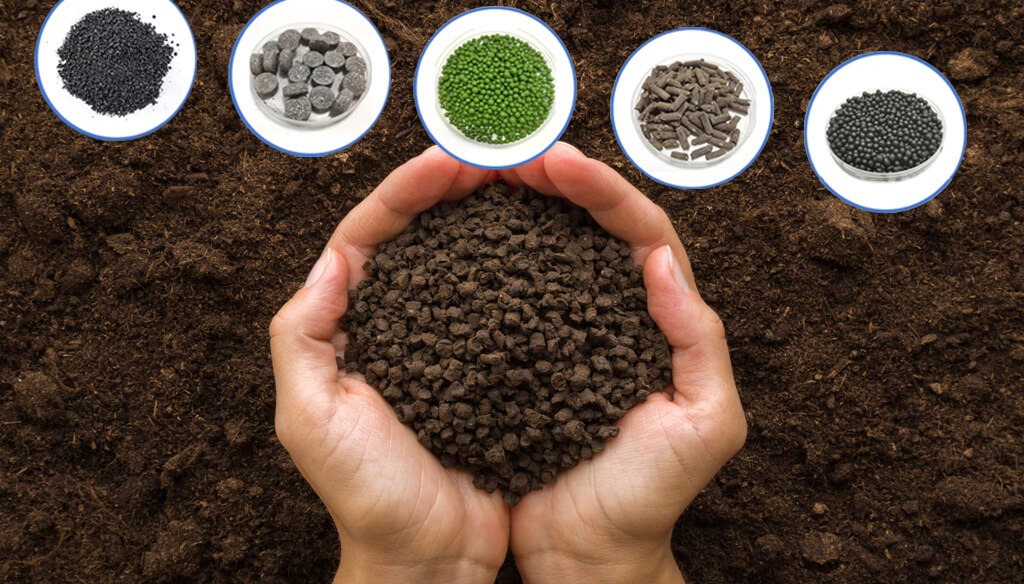
Organic NPK fertilizers are derived from natural sources, providing nitrogen (N), phosphorus (P), and potassium (K) while promoting soil health. Made from compost, animal manures, and plant residues, they release nutrients slowly as they decompose, enhancing microbial activity and improving soil structure.
Advantages:
Eco-Friendly: Reduce reliance on synthetic chemicals, minimizing environmental impact.
Nutrient-Rich: Provide additional micronutrients and organic matter for better plant health.
Improved Soil: Enhance aeration, water retention, and overall soil fertility.
Application: Ideal for home gardening, organic farming, and sustainable agriculture, suitable for a wide range of crops and applied during planting or as a side dressing.
Bulk blended NPK fertilizers are custom mixes of nitrogen (N), phosphorus (P), and potassium (K) that combine various nutrient sources into a single product. These fertilizers allow for tailored nutrient formulations to meet specific crop needs and soil conditions.
Advantages:
Customization: Formulated to match the specific nutrient requirements of different crops or soil types.
Cost-Effective: Purchasing in bulk can reduce costs for large-scale operations.
Convenient: Simplifies application by providing a balanced nutrient mix in one product.
Application: Ideal for large agricultural operations, bulk blended NPK fertilizers are commonly used in field crops, gardens, and landscapes to promote optimal plant growth and yield.
8. Foliar NPK Fertilizers

Foliar NPK fertilizers are liquid formulations applied directly to plant leaves, providing a quick source of nitrogen (N), phosphorus (P), and potassium (K). This method enhances nutrient absorption through leaf surfaces, making it effective for correcting deficiencies and promoting rapid growth.
Advantages:
Rapid Uptake: Leaves absorb nutrients quickly, leading to immediate benefits for plants.
Targeted Application: Ideal for addressing specific nutrient deficiencies during critical growth stages.
Reduced Soil Dependency: Effective in situations where soil conditions limit nutrient availability.
Application: Commonly used in agriculture, horticulture, and gardening, foliar NPK fertilizers are particularly beneficial for crops under stress or during periods of fast growth.
Custom-blended NPK fertilizers are tailored formulations of nitrogen (N), phosphorus (P), and potassium (K) designed to meet specific nutrient requirements for particular crops or soil conditions. These blends allow for precise nutrient management based on soil tests and plant needs.
Advantages:
- Precision Nutrition: Tailored to address specific deficiencies and growth stages.
- Enhanced Efficiency: Optimizes nutrient uptake, promoting better plant health and yield.
- Flexibility: Can be adjusted based on changing crop needs or environmental factors.
Application: Widely used in agriculture and horticulture, custom-blended NPK fertilizers are suitable for various crops, ensuring targeted nutrient delivery for optimal growth.
Common NPK Fertilizer Ratios
Different types of plants and growth stages require different NPK ratios. Here are some common NPK ratios and their uses:
Balanced NPK Fertilizers (e.g., 10-10-10, 15-15-15 or 16-16-16): Suitable for general-purpose feeding, providing equal amounts of nitrogen, phosphorus, and potassium.
High-Nitrogen Fertilizers (e.g., 30-10-10): Promote leafy growth, ideal for lawns and leafy vegetables.
High-Phosphorus Fertilizers (e.g., 10-52-10): Promote root development and flowering, ideal for seedlings, root crops, and flowering plants.
High-Potassium Fertilizers (e.g., 15-5-30): Improve fruit and flower development, ideal for fruiting plants like tomatoes and citrus.
Conclusion
Choosing the right type of NPK fertilizers depends on your crop’s specific needs, your soil condition, and your farming or gardening goals. Whether you’re looking for a quick nutrient boost with liquid or water-soluble fertilizers or prefer a slow, steady feed with controlled-release options, understanding the different types of NPK fertilizers can help you optimize your plant health and maximize your yields.
With the right fertilizer in place, your plants will have everything they need to grow strong, healthy, and productive.
Fertilizer Related Products
If you want to know other questions about Fertilizer Type or NPK fertilizers , please contact us and we will provide professional answers.
- Article
What will you get when touch?
✔ Quick & helpful reply within 6 hours.
✔ Tailored solutions for your project.
✔ One-stop product, tech, market
TRENDING
Want to find a China fertilizer manufacturer?
Risso will be your best choice; send us your request for your fertilizer details requirement
TAIAN RISSO CHEMICAL FERTILIZER CO.,LTD.
- Address: High-tech Development Zone, Taian City, Shandong Province
© Copyright 2017 RISSO CHEMICAL. All Rights Reserved.



